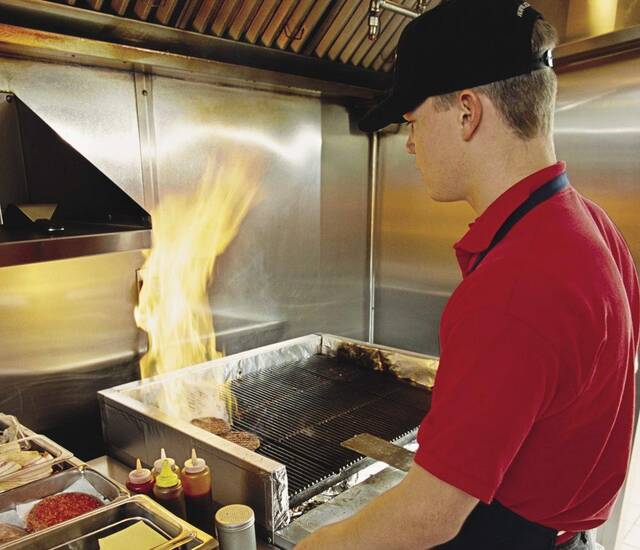It would be great if everyone was trained to be a helping hand.
But wishing doesn’t make it so. Neither does the vote of a city’s leaders.
Last week, Pittsburgh City Councilwoman Deb Gross, D-Highland Park, put forward legislation that would create a training program to help people with crises like addiction, homelessness and mental health issues get the interventions they need.
It would cover ratcheting down tense situations. It would cover how to help someone who needs a place to stay get a place to stay. It even would help with how and when to use naloxone to counteract an overdose.
Every one of those is a good thing that people in positions to interact in those situations should have. It is training that already should be in play for first responders of all kinds. It would be good to give that training to the public-facing office workers in city government agencies.
The Office of Community Health and Safety does train city employees in these skills. But Gross would like to see it offered to others. Specifically, the legislation would put it forward for people who work at retail shops and in food service.
It is undeniable that your average fast food worker or grocery store cashier gets drawn into these situations on a regular basis. Social media is filled with video evidence of tantrums, psychiatric episodes, drug-induced events and more. It happens, and it happens every day.
It would be wonderful if the people who deal with the homeless, the mentally ill and the addicted had the skills to handle those situations with knowledge and compassion.
But is it realistic to suggest that a convenience store worker being paid $10 an hour should be expected to train in de-escalation techniques? Is it safe for the employee? Is it a liability for the employer?
Many businesses have non-interaction policies when it comes to stopping shoplifters or robbers because money and goods can be recovered with insurance. What happens when a store loses an employee or a customer when the guy who takes pizza orders is now involved in a crisis situation? Is the city prepared to cover the inevitable lawsuit that will follow?
Gross said she would like the program to be offered for free but that there is no estimate for the overhead costs yet. Does that mean the city’s lawyers and insurance carriers also have yet to evaluate liability costs?
It is hard to criticize a well-intentioned idea that only is meant to help as more people need these interventions.
However, employers already are having trouble filling these jobs. They are being pushed to offer higher wages just to keep the doors open.
This plan doesn’t seem like it will help those employers fill their job vacancies. It is also a lot to ask of someone who just signed up to wait tables for $2.83 an hour plus tips.








